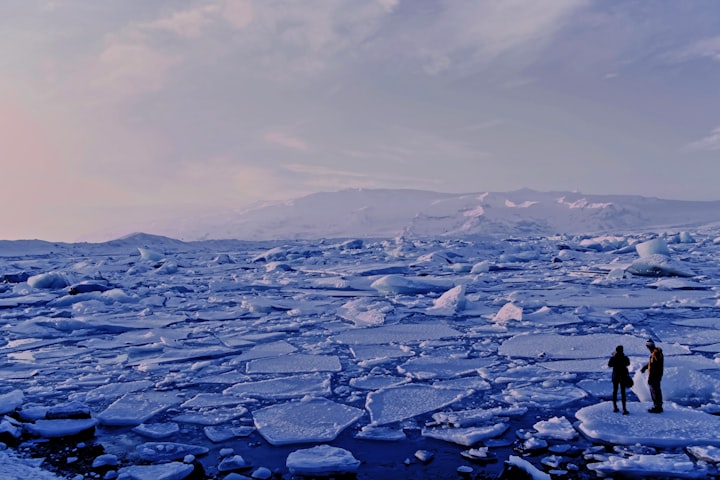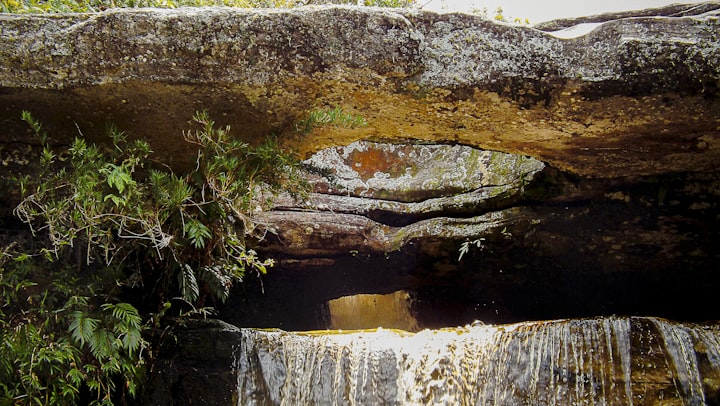Individual acts that lead to Global Warming
Individual acts that lead to Global Warming

Denying the importance of individual responsibility has become a wise new phenomenon among analysts and many environmentalists. Environmentalists have been promoting individual measures for decades, but they have never had the desired effect.
Every buyer cannot be blamed for global warming, but some people want to hear that they are doing something to prevent a catastrophic weather crisis, no matter how small. Some say that personal measures are unreasonable droplets in the ocean and will reverse the dramatic systemic changes needed to prevent harmful global warming. Astonishingly, people believe that climate change can be solved by the voluntary actions of billions of people if we do not have a representative government.
Concerning greenhouse gas emissions, a single contribution is not as important in an election as a single vote. The effectiveness of personal actions cannot be measured without their benefit on Earth. By taking responsibility for our actions, we increase our commitment to environmental sustainability.
Last fall, a report by the Intergovernmental Panel on Climate Change (IPCC) showed change, emphasizing that individual action is needed to add to a collective action to reduce or prevent the potential negative effects of climate change and that behavioral and lifestyle changes should be used as a catalyst for technological change and construction. The impact of these individual policies is enormous in the areas of prosperity and high utilization. The result is not a reduction in personal guilt, but rather the fact that combined actions - changes in diet, driving habits, energy use, and much more - can create powerful weather tools.
The focus of this debate on the changing nature of consumer behavior reflects the misunderstanding of greenhouse gas emissions that the climate problem extends to individual consumers and takes into account the unequal weather effects of corporate interests. Indeed, 100% of investors in state-owned petrol companies account for 70% of global greenhouse gas emissions.
Mineral fuels have spent billions denying the science of weather, misleading the public with the truth of the problem, and propagating the false notion that climate change can be stopped without individual action. This contradicts the underlying fossil record that individual policies can combat climate change despite having a little effect: the average American family produces 8.1 tons of carbon dioxide, totaling 33 billion tons, compared to 70% of the world's greenhouse gases.
From an environmental and economic point of view, an effective climate strategy is to combat carbon dioxide, fossil fuels, and other greenhouse gases such as methane, nitrogen oxide, and many other gases used in production. Given the high level of CO2 emissions of non-CO2 gases and the low CO2 equity price of these gases, this creates a significant incentive to reduce emissions. The estimated amount of non-CO2 emissions control presented in GWPs is one of the main reasons why the installation of these greenhouse gases in anti-climate change measures is effective and reduces the cost of implementation in the early years.
While it is true that personal responsibility for climate change is not enough to combat it, it is also true that individual actions are important in measuring climate justice. Individual changes in behavior can take away from the real causes of climate change to the wrong and divert attention from rational actions to meaningless psychological actions. For example, researchers have found that green energy shortages could be used to reduce carbon tax support.
Individual measures to combat climate change include personal choice in many areas such as nutrition, long-term and short-term funding, household energy use, consumption of goods and services, and family size. Working together, while important, is not perfect as a strategy for political change. Personal action and political action are binary and do not help.
Some providers have compiled a list of ways people can combat climate change by banning their meat consumption, driving, or using public transportation in response to a UN report on climate change this week. Some say that the change in individual consumption is counterproductive, as 70 percent of the world's greenhouse gases can be calculated in only 100 companies, according to the 2017 Carbon Major Report from the Clime Accountability Institute.
From the early 1980s and at least until the 1990s, many oils, gas, and coal companies did much, when it became clear that they were not involved in climate change. These companies focus on profits and invest millions of dollars in rejecting climate change.
Although there is a high level of awareness about climate change, confusion and misinformation about what is needed and widespread misconceptions about how climate action can harm people's lives. Education comes first when it comes to ensuring that you and your colleagues are encouraged to take action on climate change and understand what it is like to fight it. Each action counts, and this is where UNEP Executive Director Inger Andersen stands.
Joshua Goldstein is Professor Emeritus of International Relations at American University and Research Scientist at the University of Massachusetts, Amherst. We talked to him about the role of nuclear energy, the power outage of the power network, and how individual measures can help the planet but not lead to real change.
Alison Quinotoa looks at her cell phone in September 2020 as she receives online lessons at her home in La Josefina, Ecuador, after her school was closed due to COVID-19. For millions of students, the closure of schools is not a temporary intervention in their education, but a sudden end. Covid-related school closures affect children not only because they do not have the means or tools of access needed to continue their education, but also because of the epidemic itself.
About the Creator
Rosan Pandey
Hi there!





Comments
There are no comments for this story
Be the first to respond and start the conversation.